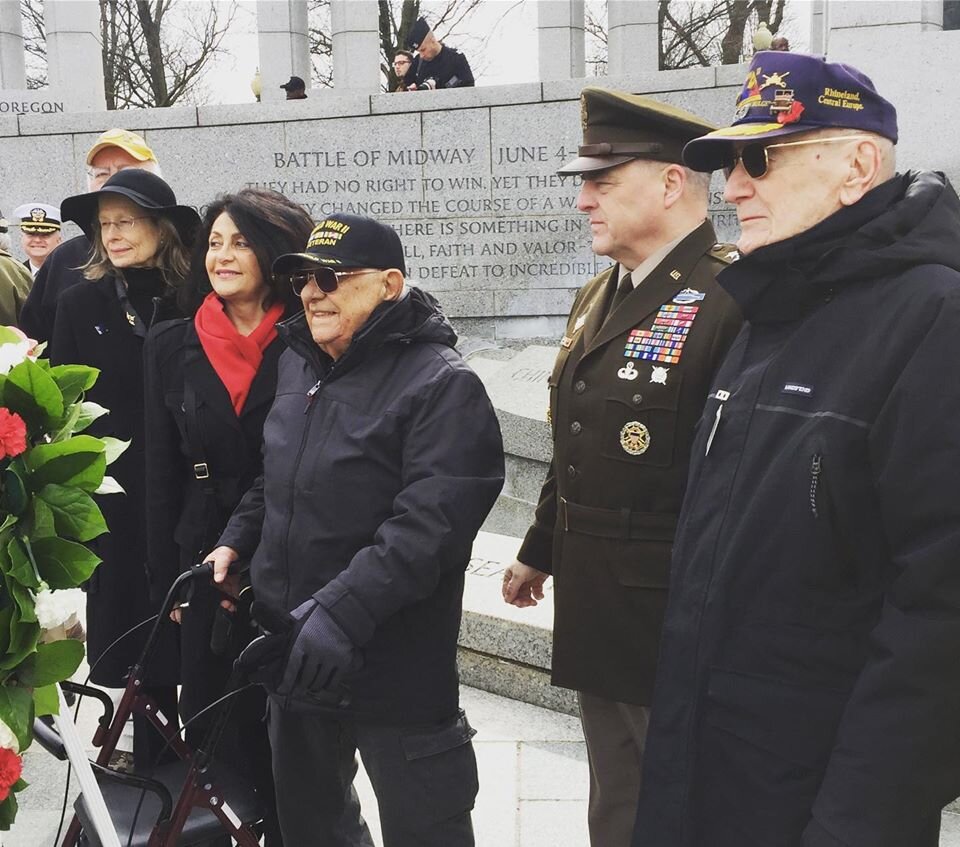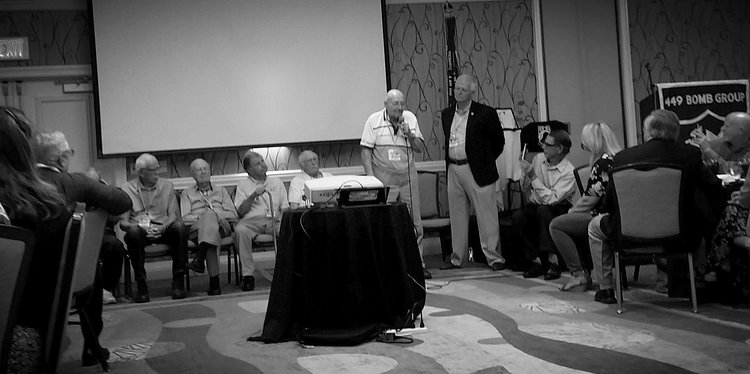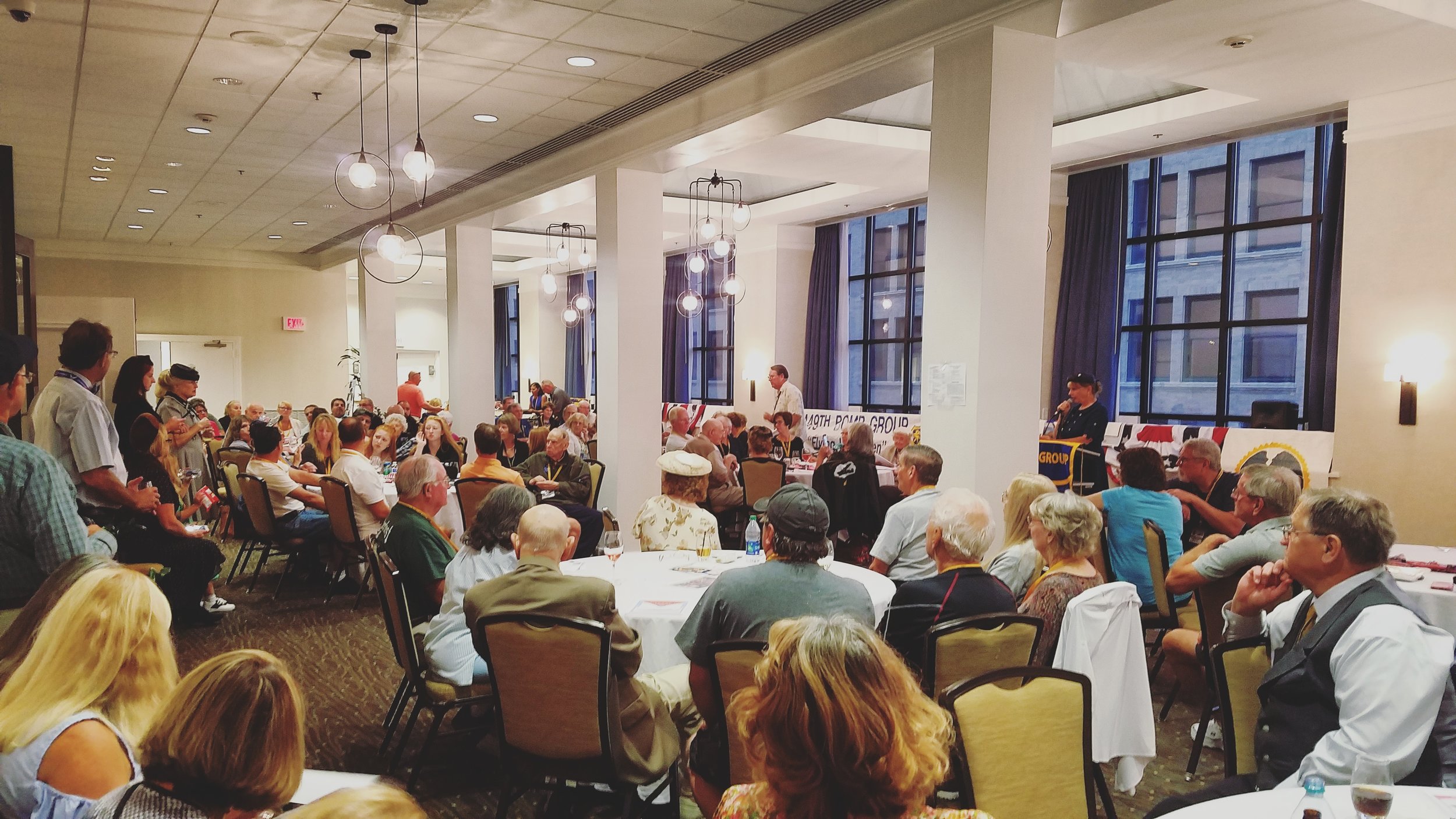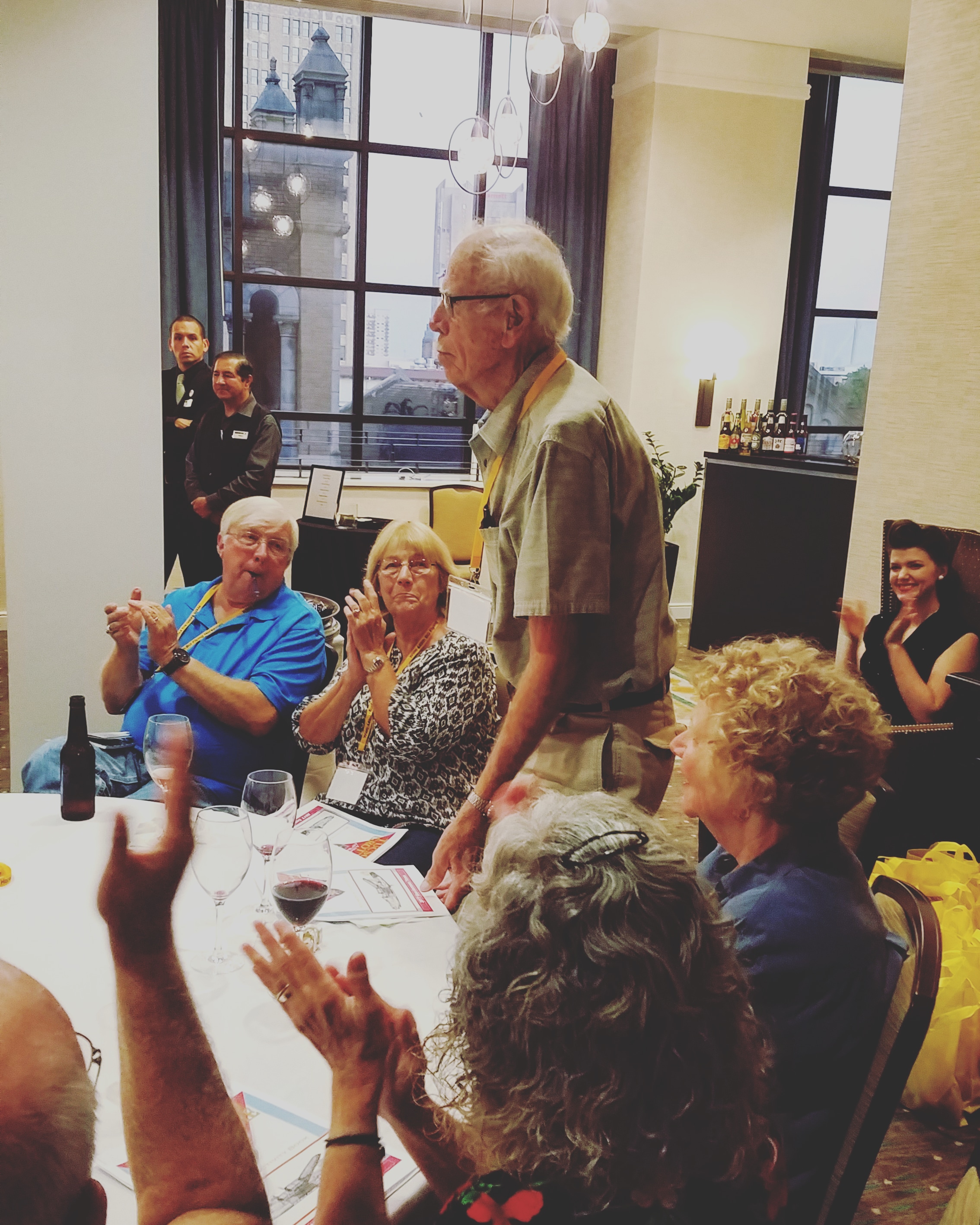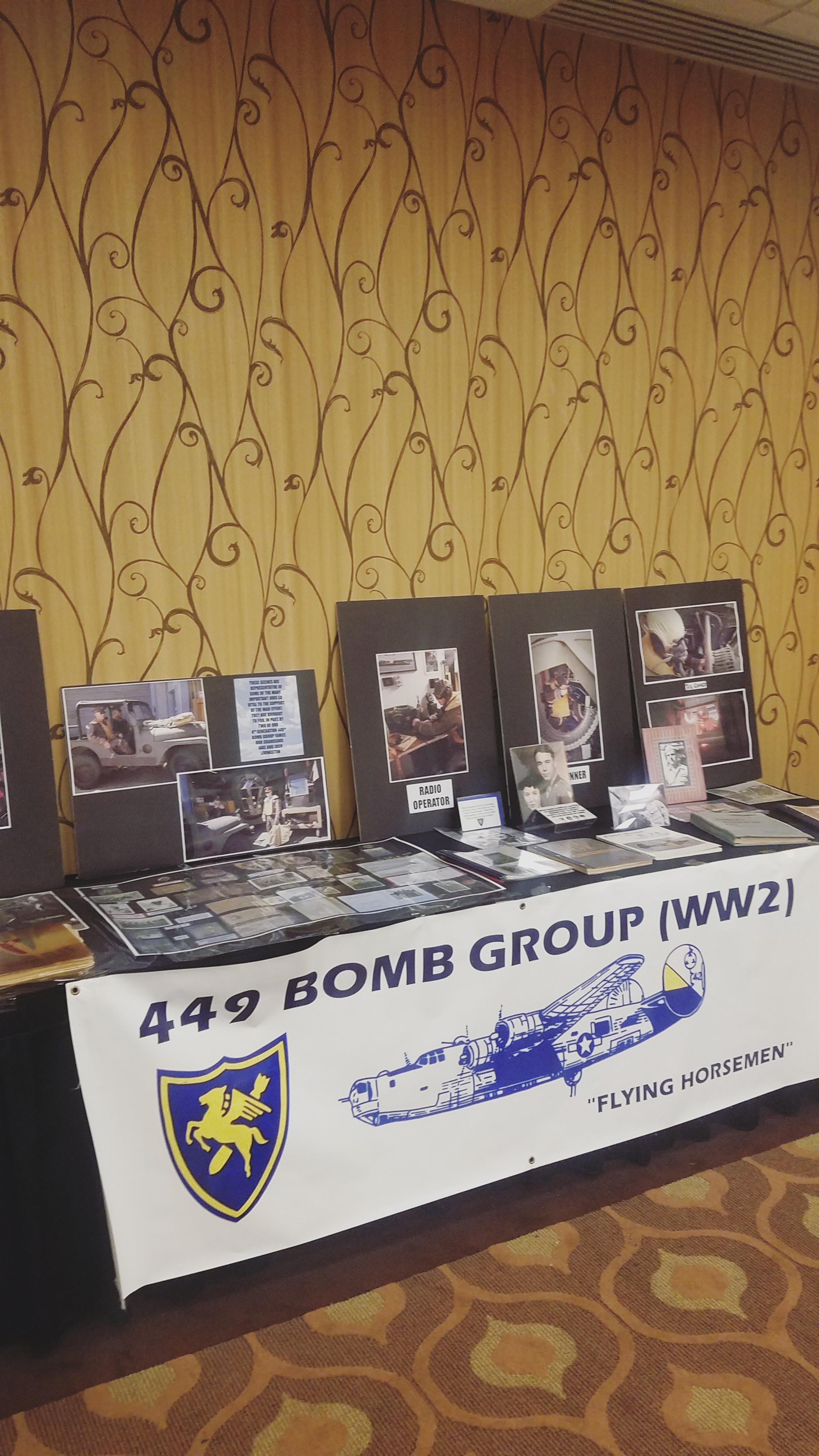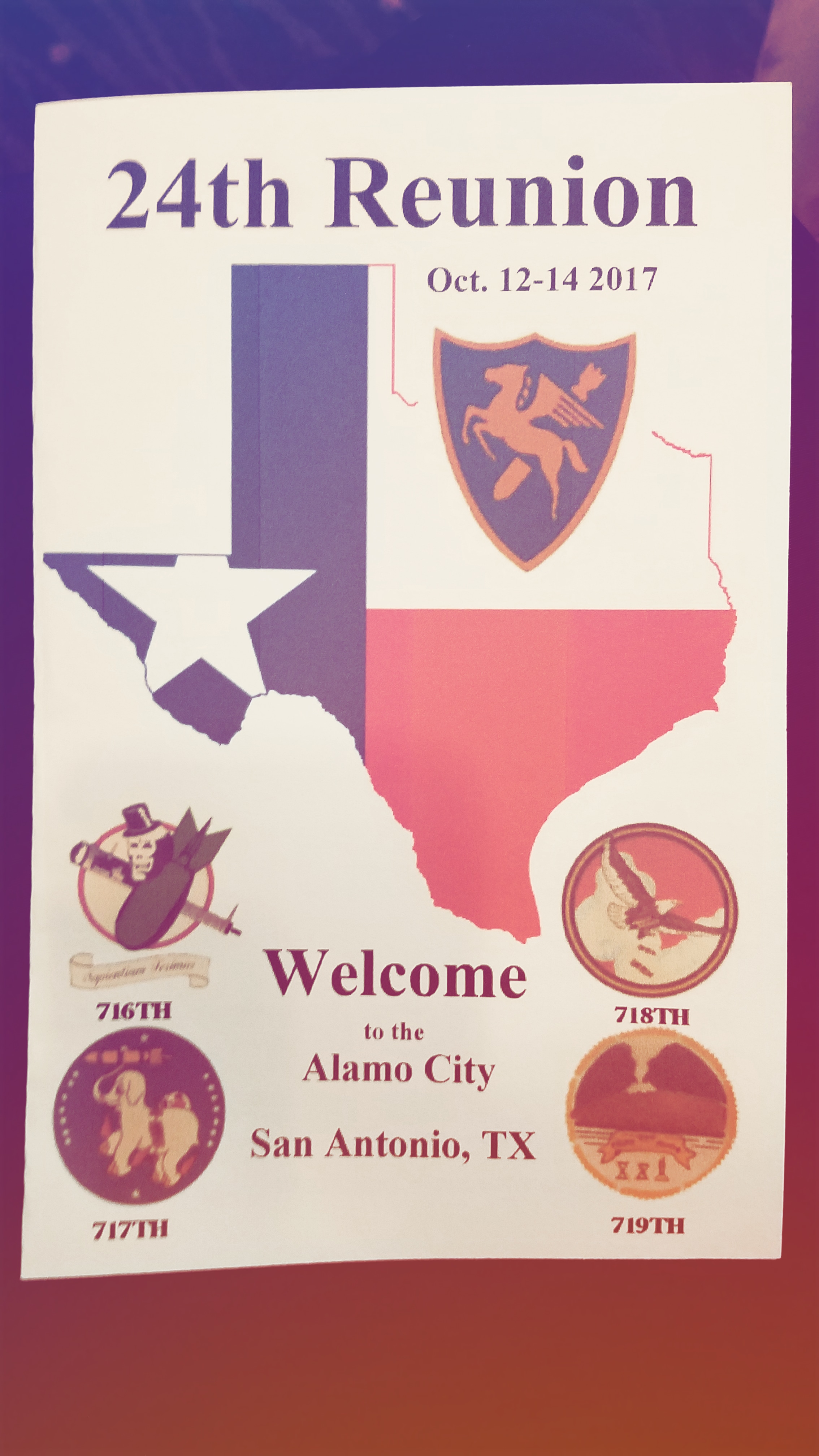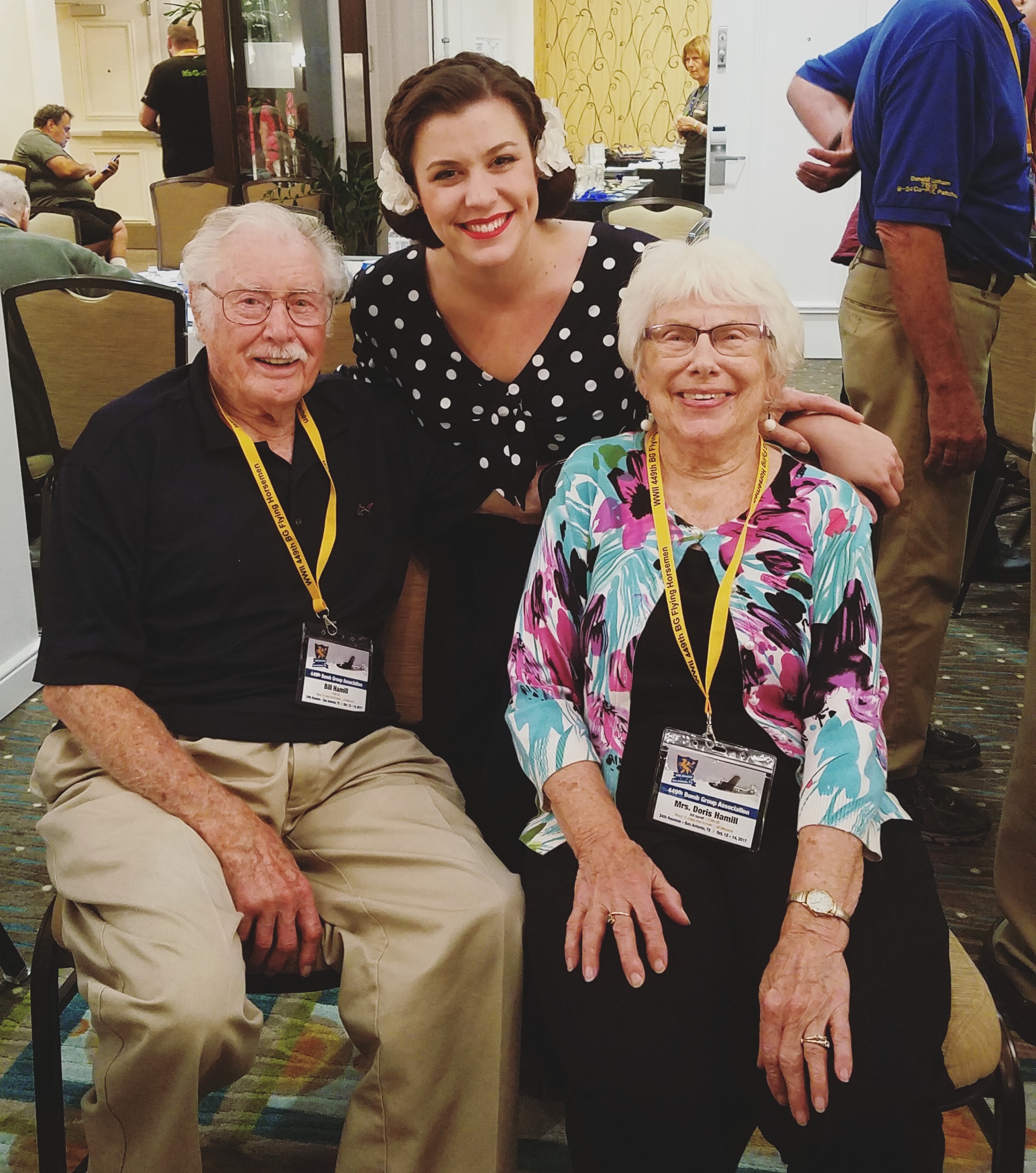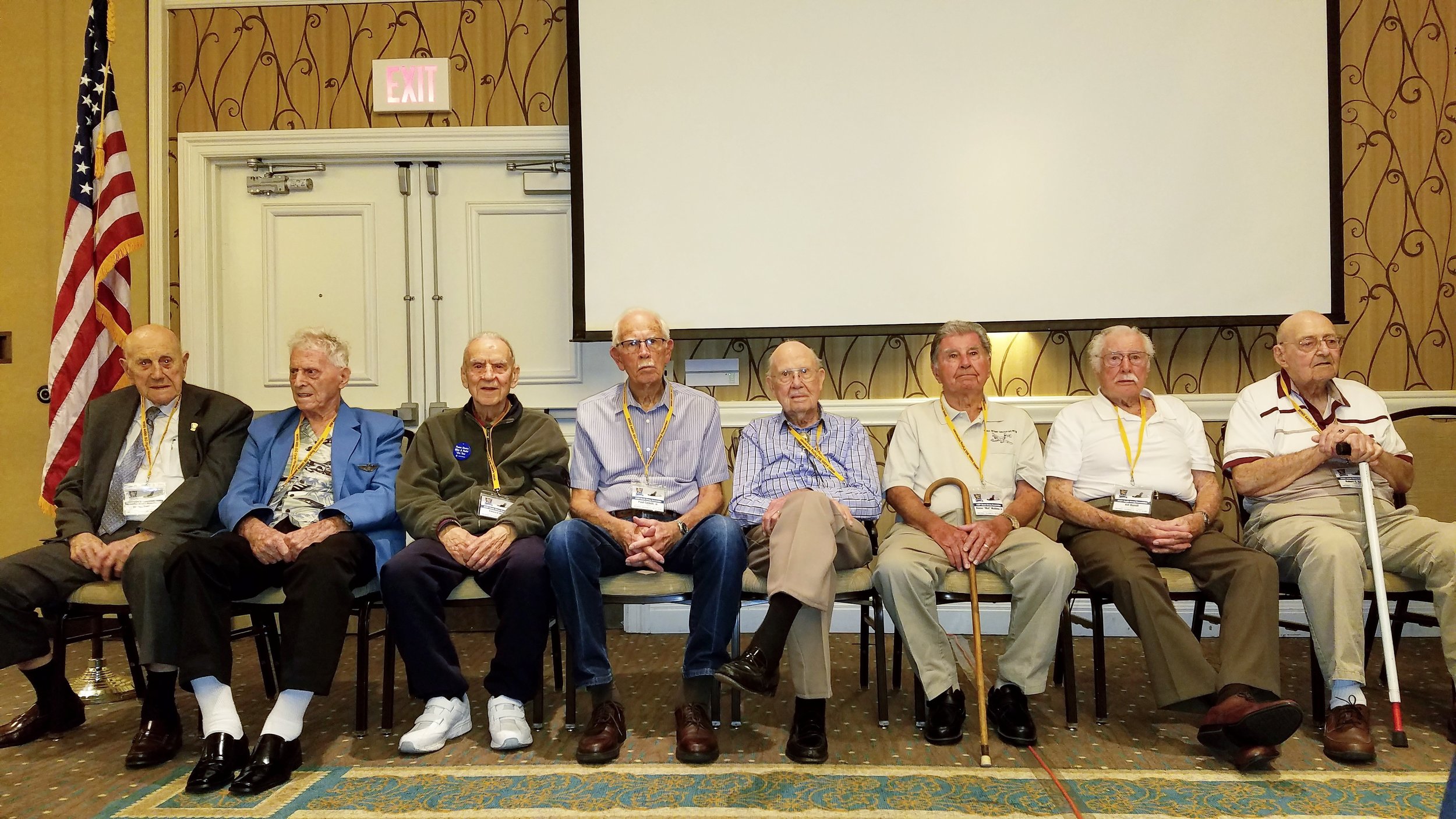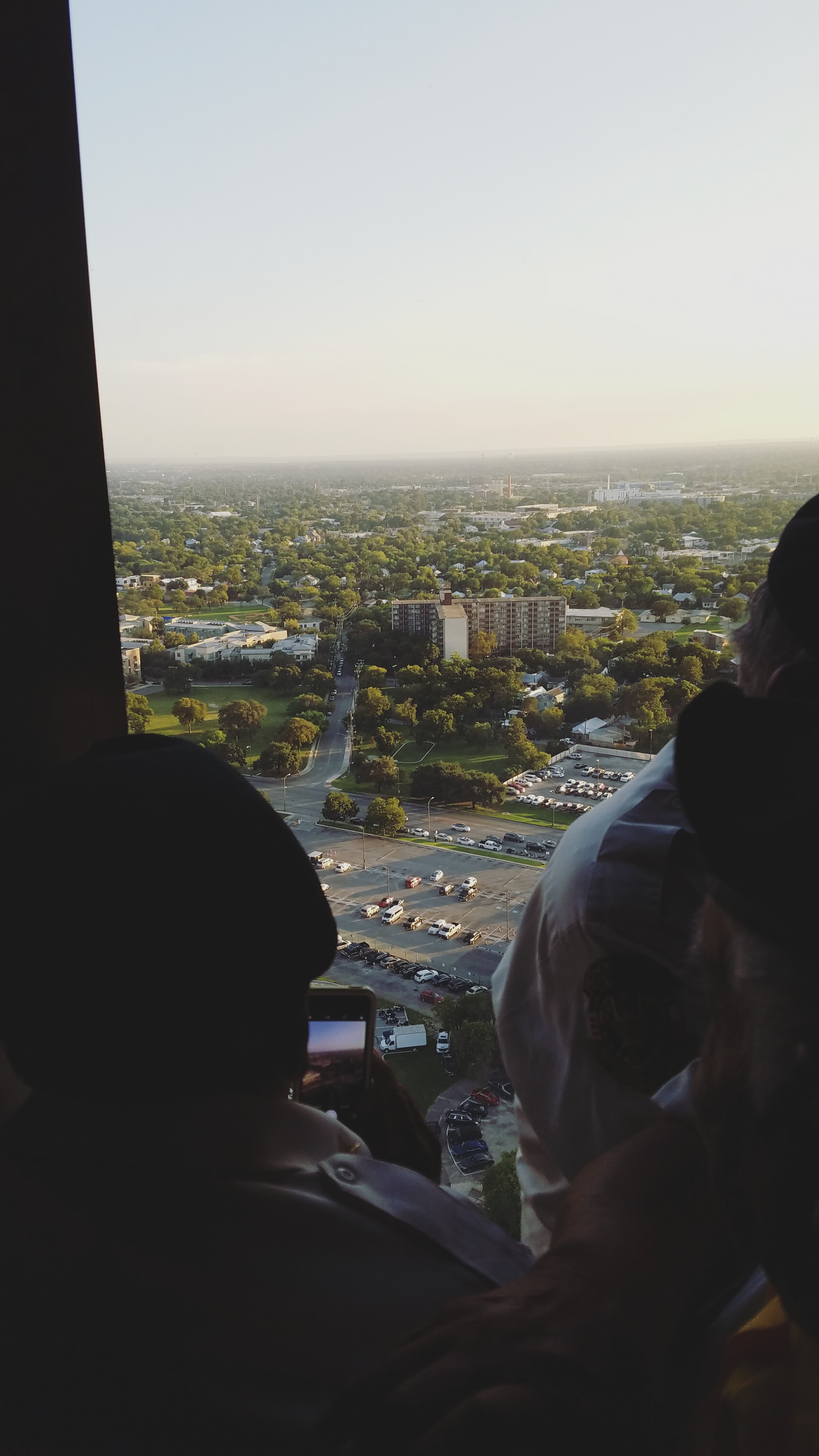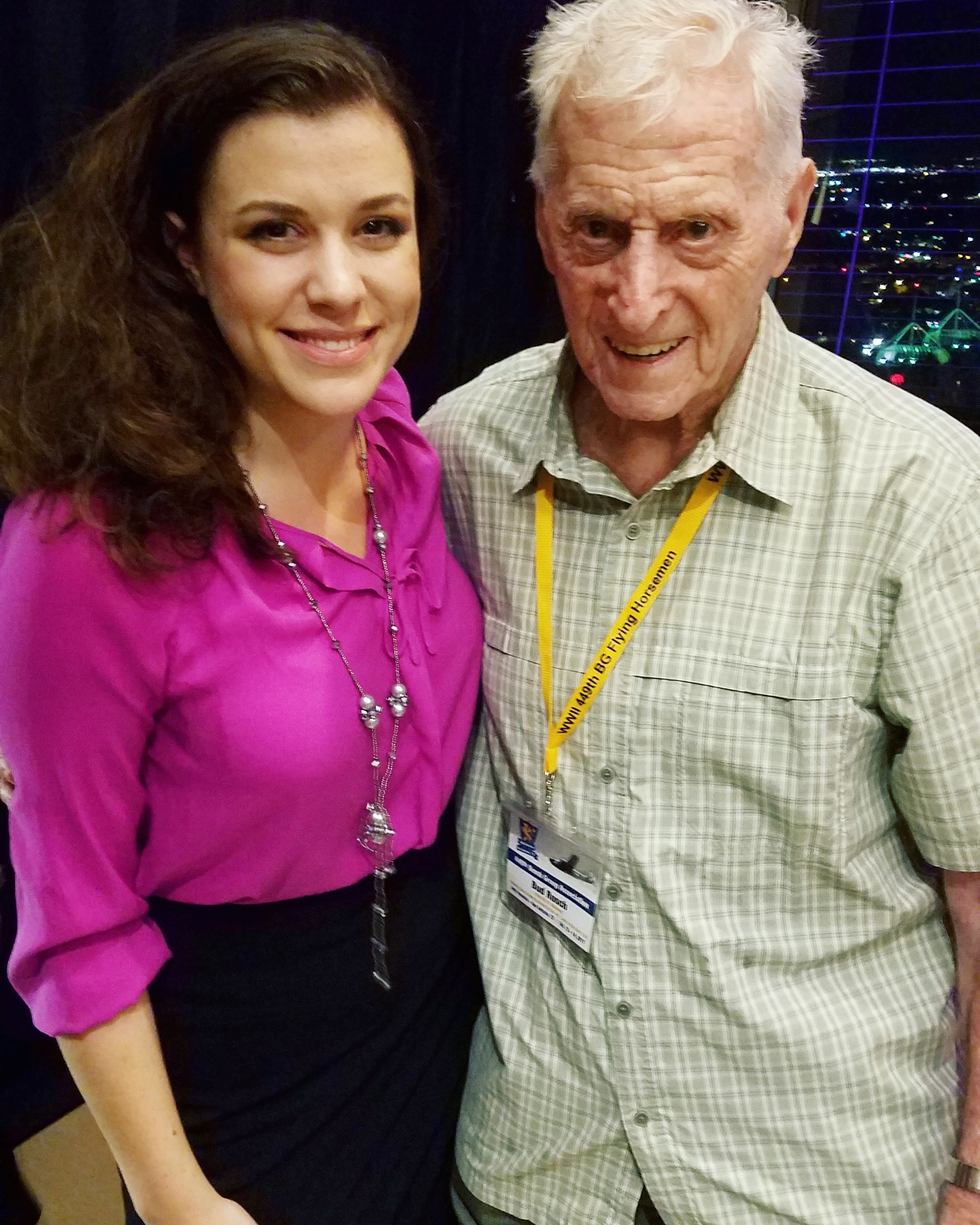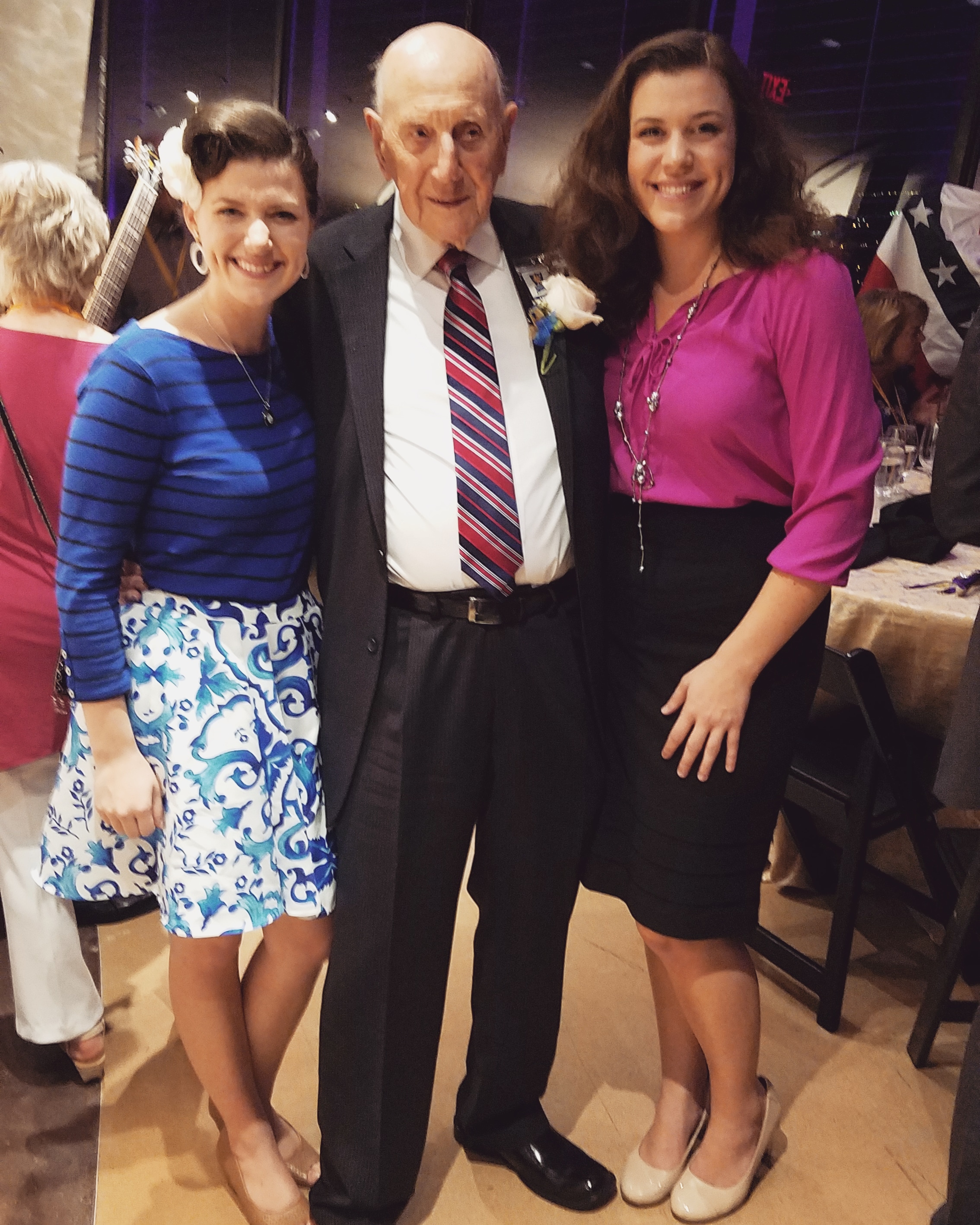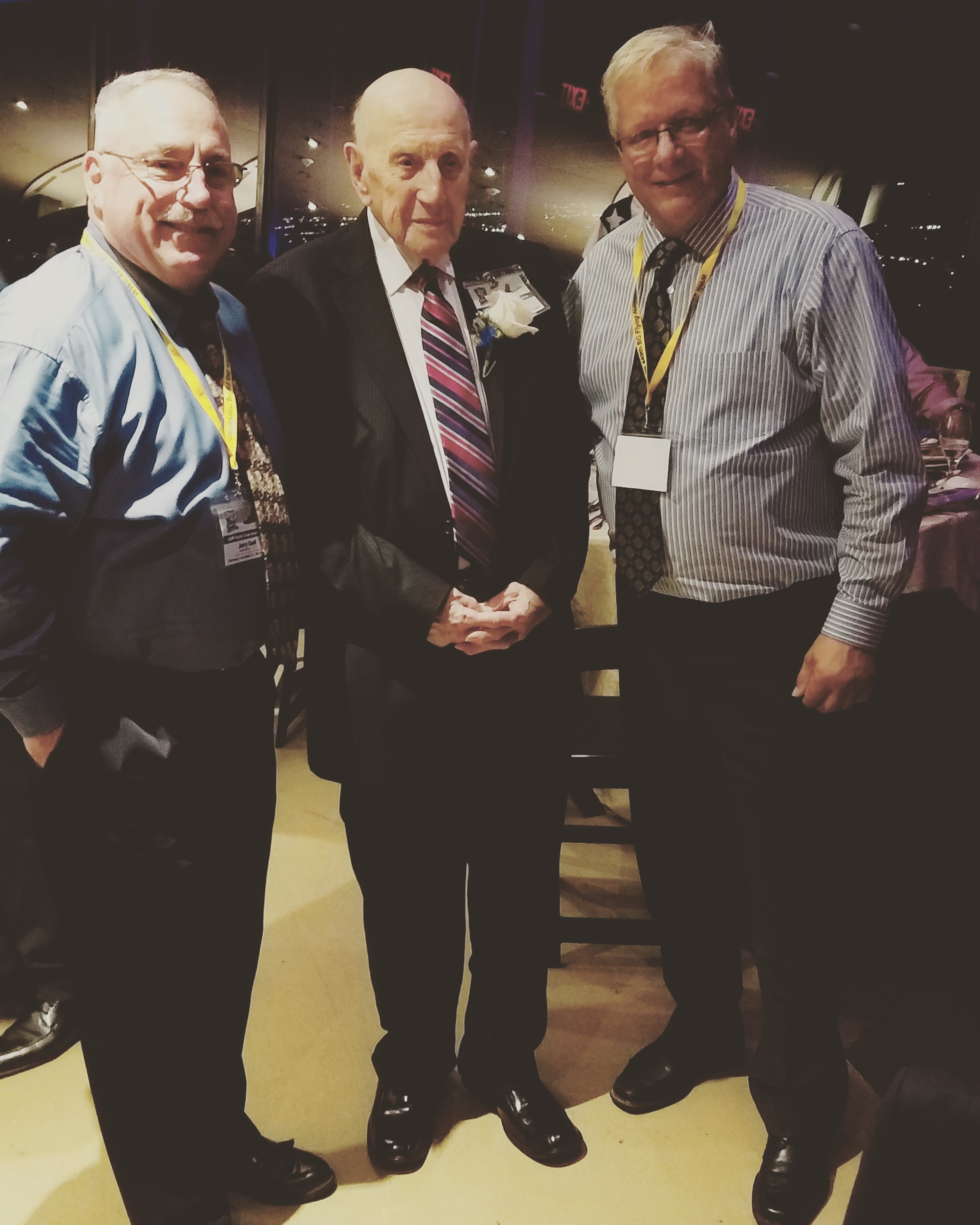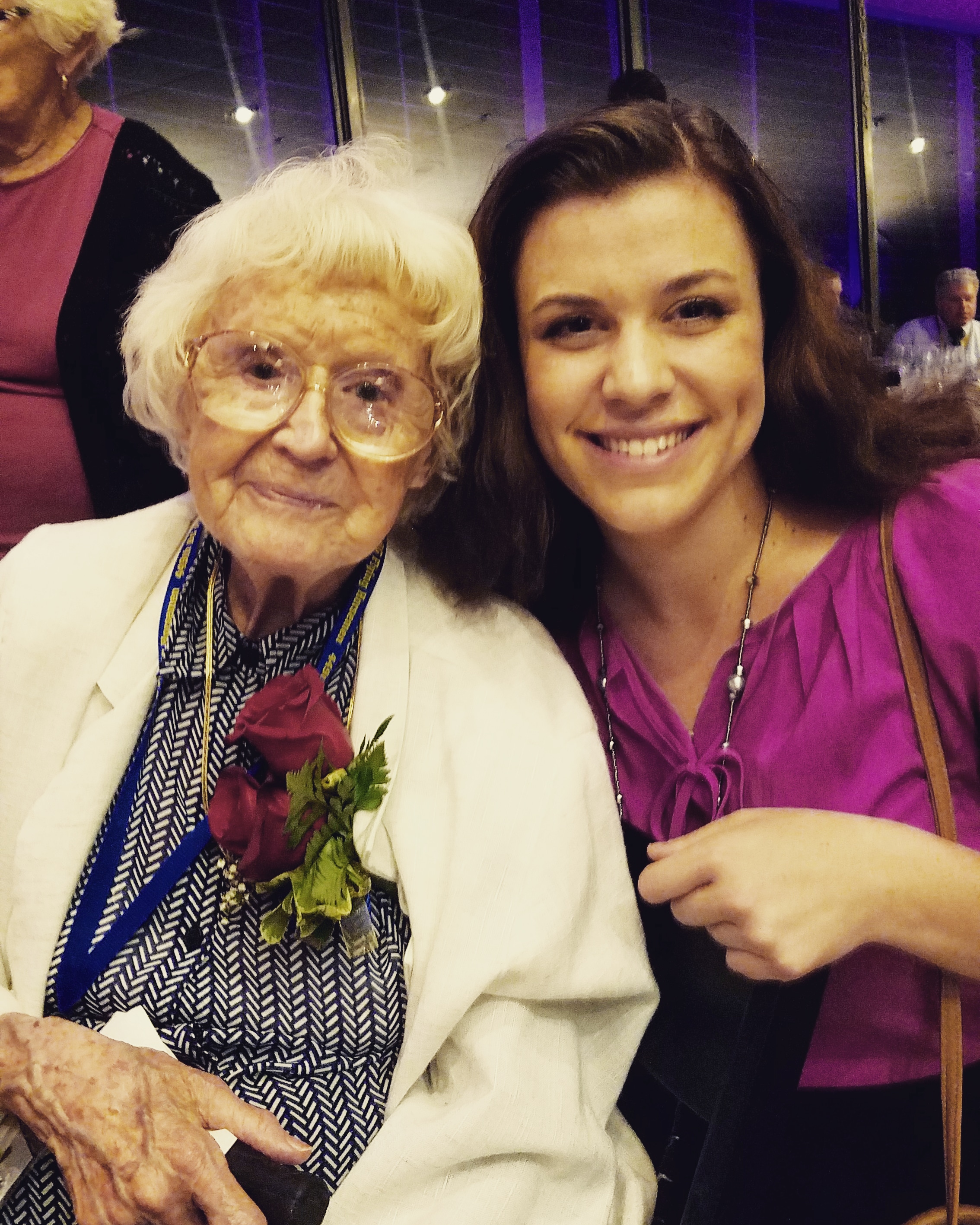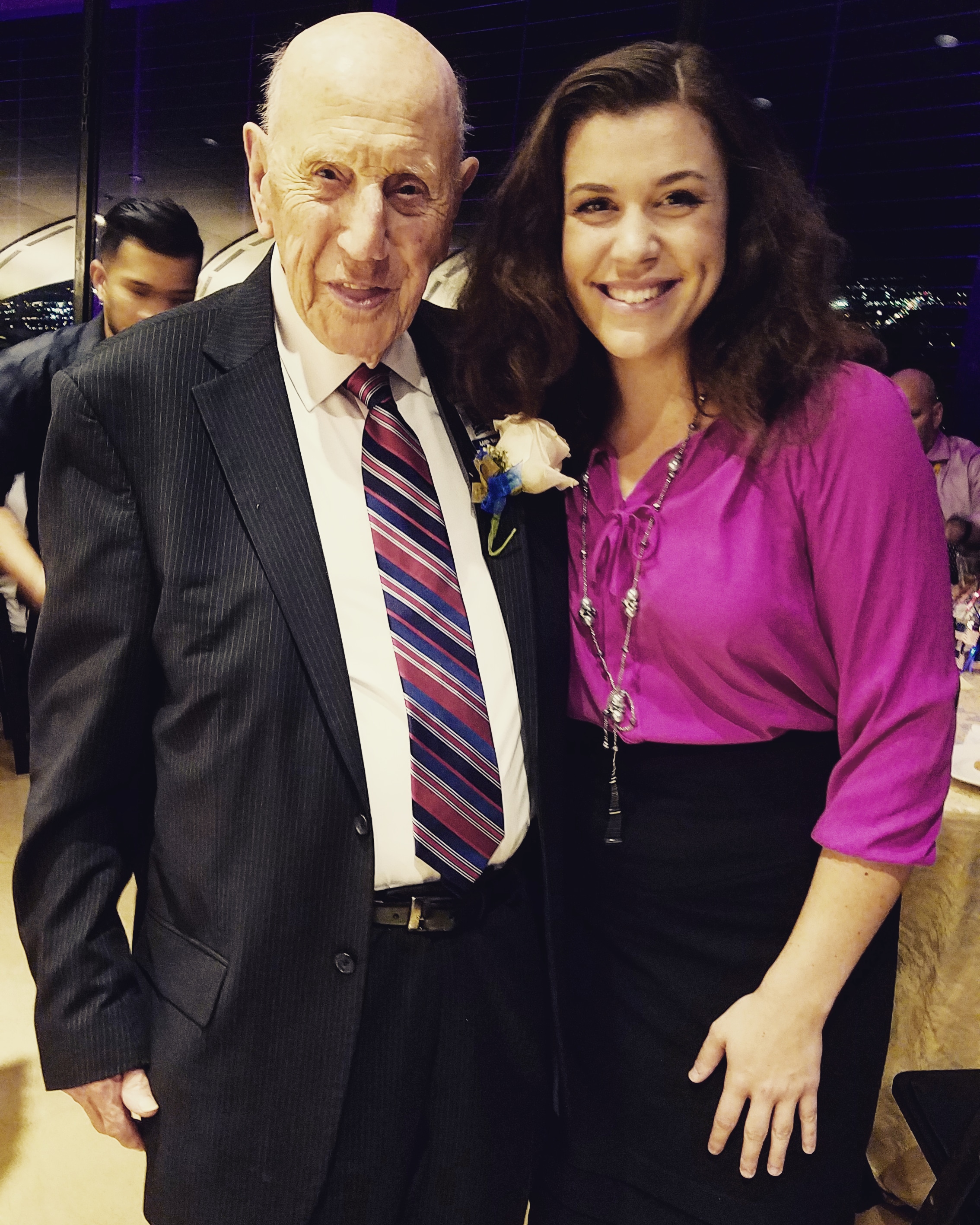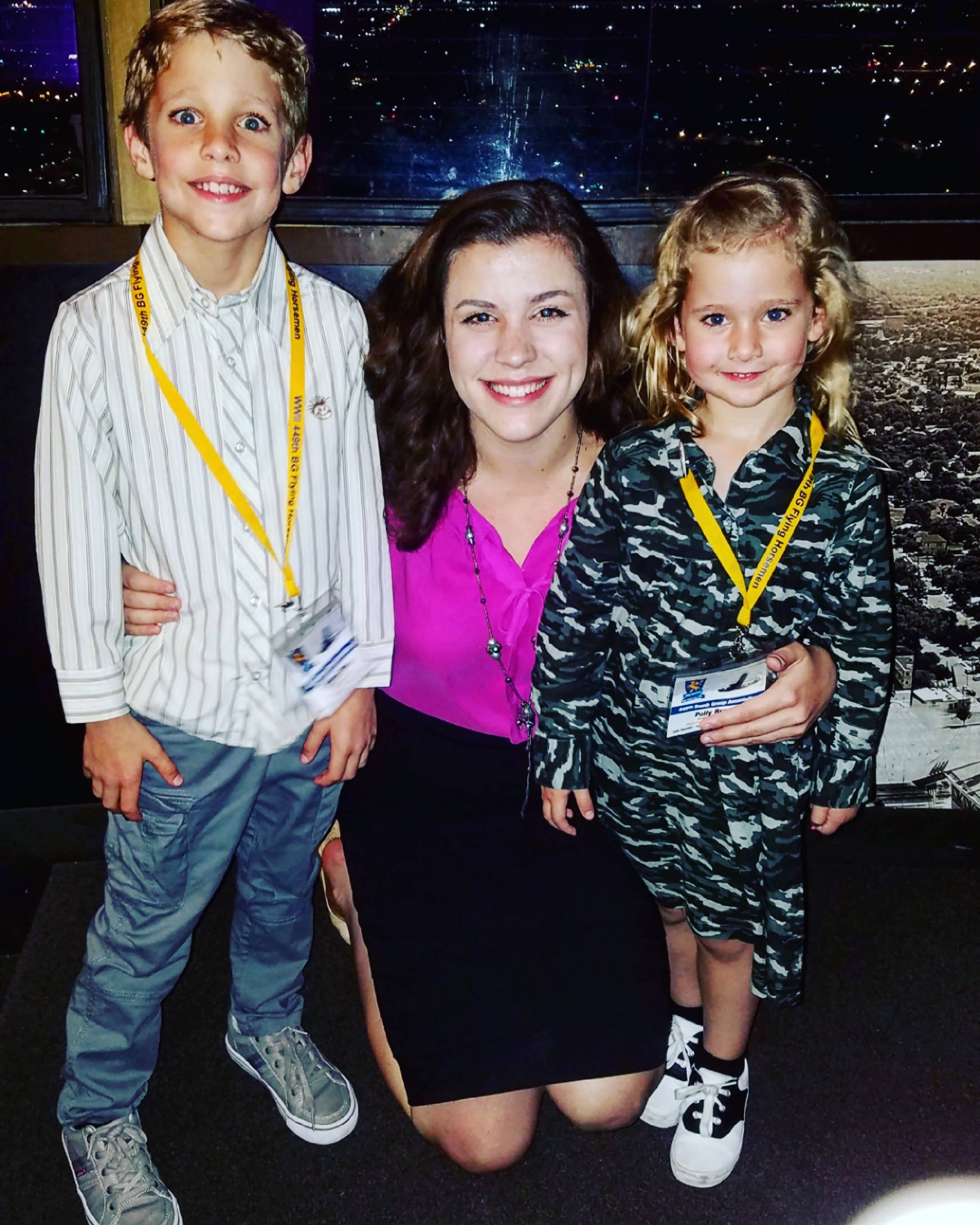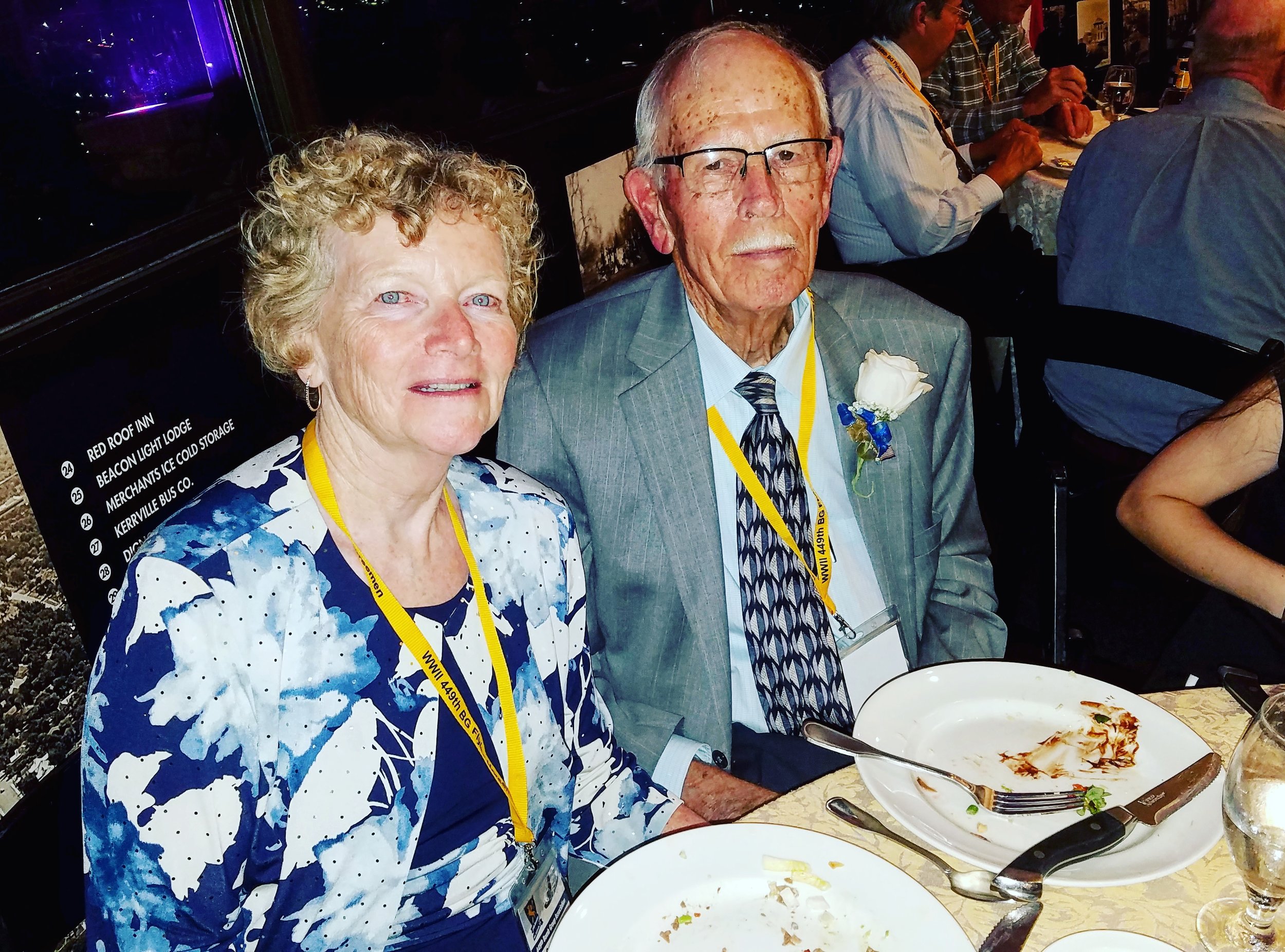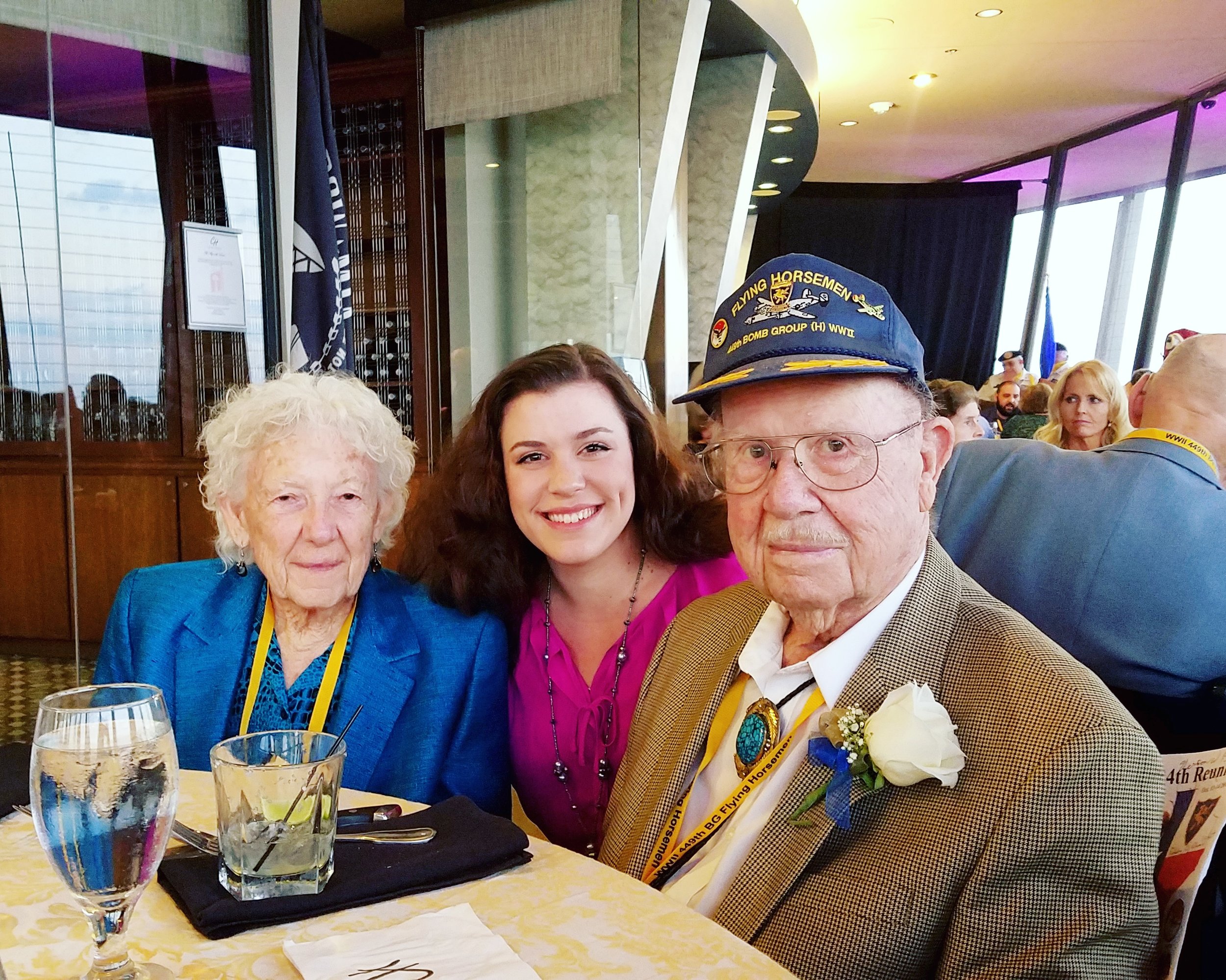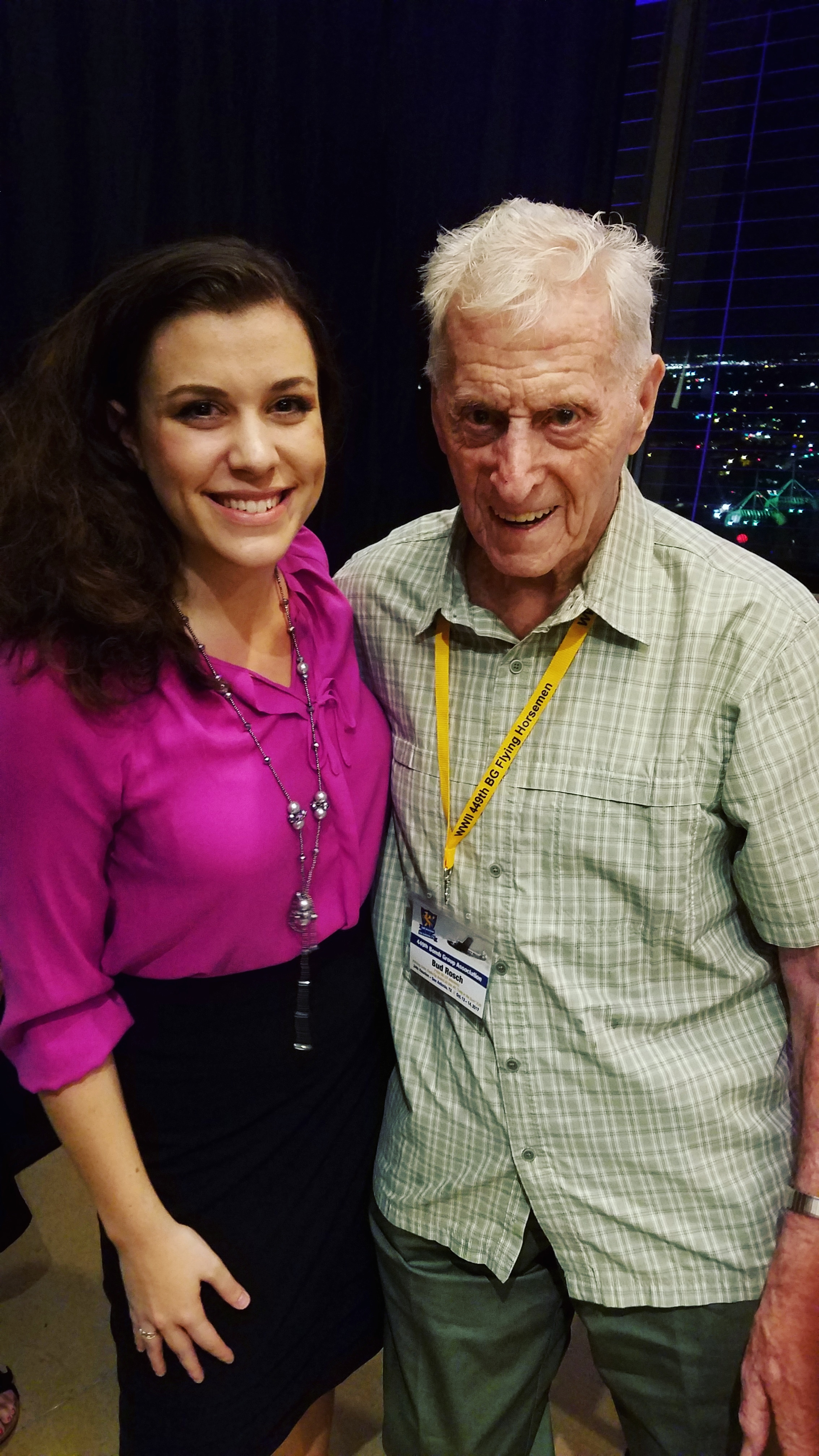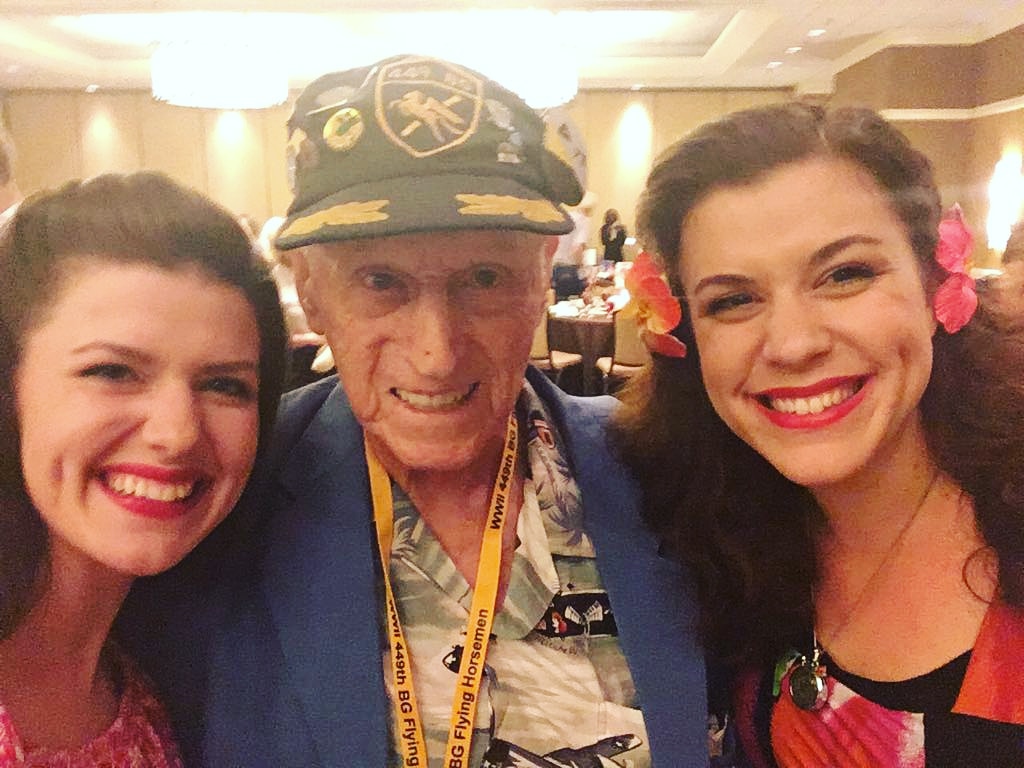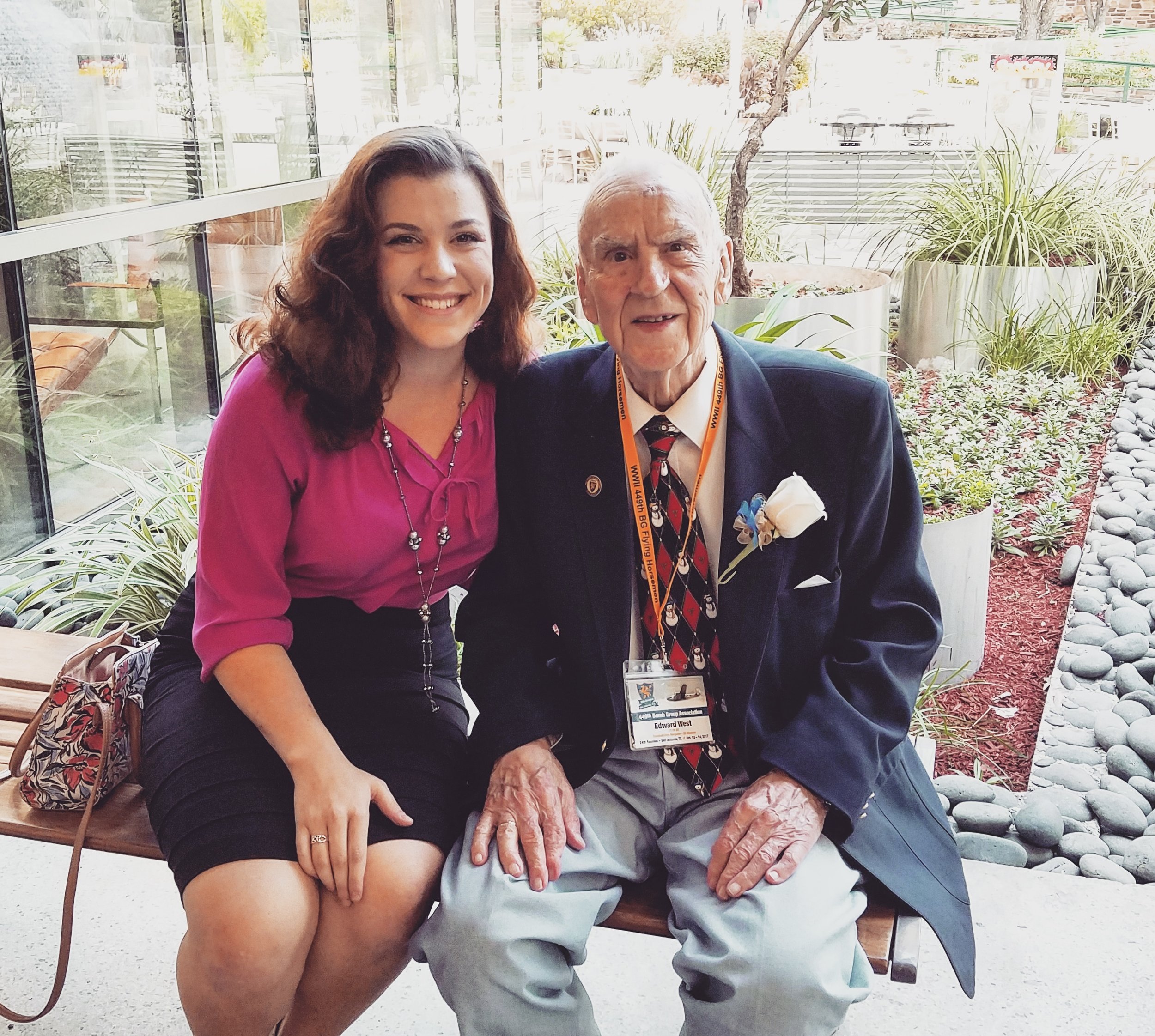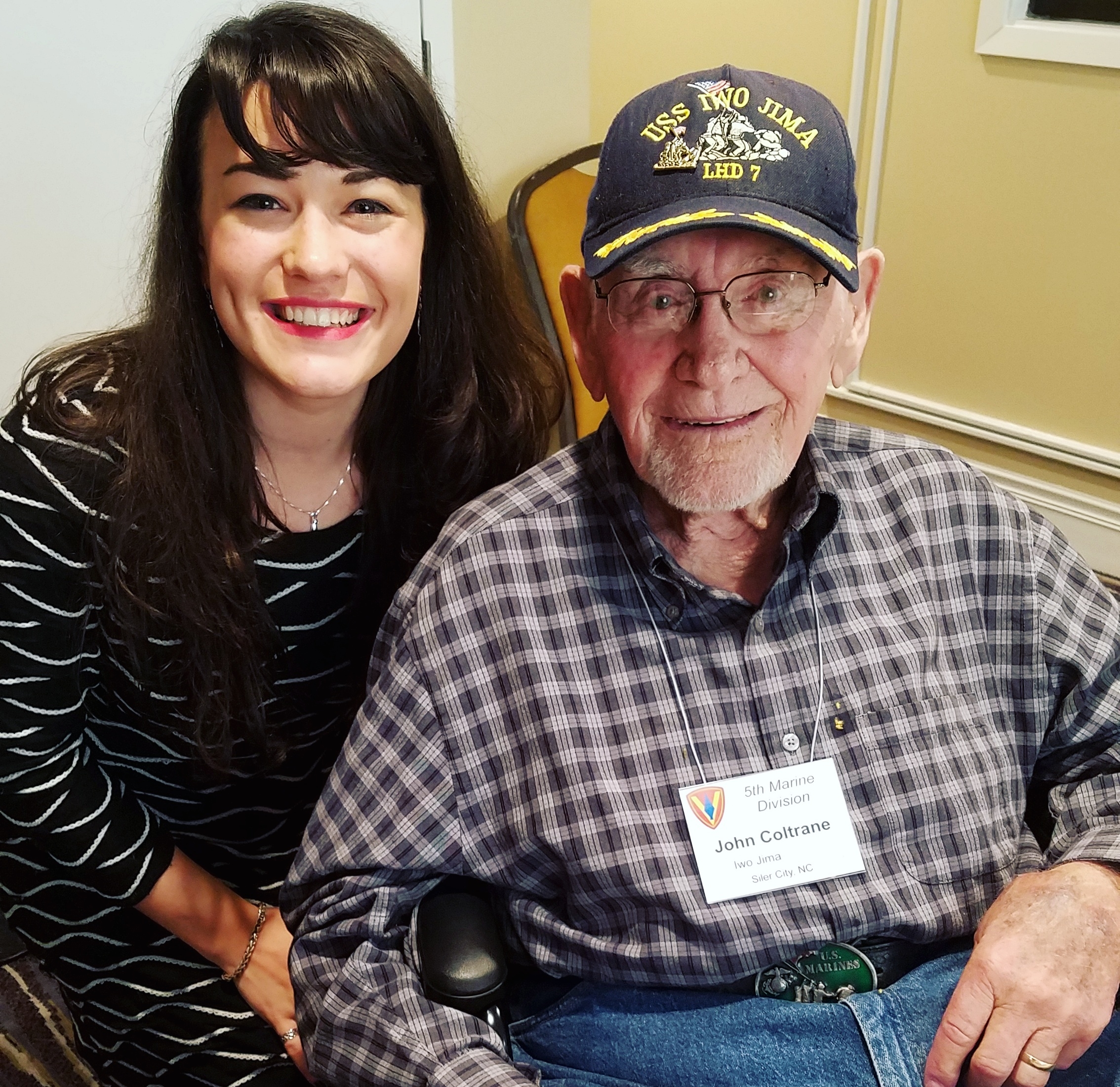Introducing: Week of Iwo Jima 75
/Week of Iwo Jima: 75 Years
This week begins our countdown to the annual Iwo Jima Association of America reunion.
Iwo has been a HUGE part of the Operation Meatball world and my own personal world the last 15 years. And this year is extra special as it is the 75th anniversary, bringing the circle completely round as we begin the last of the Iwo Jima commemorations. Sure, there will be more Iwo events in the future, but none like the 75th…. after all, even for the youngest and most athletic survivor, 75 years is a long time ago.
For the next week leading up to the reunion, we will have short posts on our blog and Facebook to help you get to know the veterans and survivors of this battle a little better. As well as sharing some personal anecdotes from my own experience growing up with these vets.
Iwo Jima Veteran, Ira Rigger. Ira served with the Naval Construction battalion (SeaBees) during WWII. “SeaBees Can Do!”
We started our #WeekofIwoJima75 yesterday in Washington, D.C. at the National World War II Memorial. Commemorating 75 years to the day (February 19, 1945) since the landings on Iwo Jima, with keynote speaker General Mark Milley, Chairman of the Joint Chiefs of Staff.
General Miley gave an effective speech about the anniversary of this epic battle, a battle personal to him as his own father served as a Navy Corpsman on Iwo. [you can watch his speech here]
We look forward to sharing with you more about this iconic battle in American history!
If you have a family member who served on Iwo Jima, we would love for you to send in a photograph and short paragraph telling their service story. You can send it to:
OMVeteranStories@gmail.com
We will be sharing stories and photographs highlighting our Iwo Jima Veterans over the anniversary month an would LOVE to include you family’s hero.



